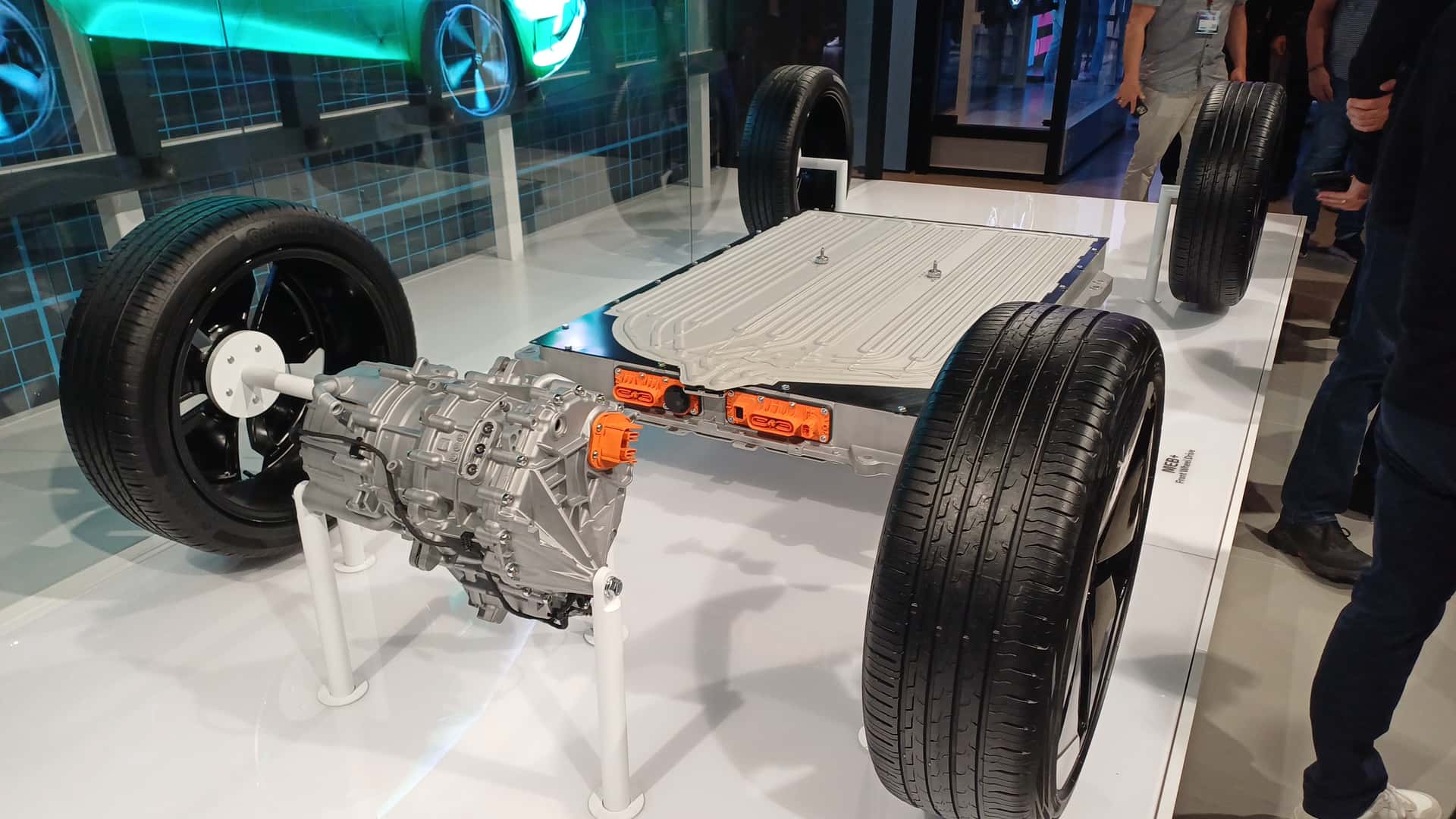Key Takeaways
- Volkswagen is set to launch affordable EVs featuring new LFP batteries and a proprietary electric drive unit.
- The upcoming models, ID. Polo and ID. Cross, will cater to the European market, with prices expected to start under $29,000.
- These vehicles will utilize efficient silicon carbide inverters and offer impressive ranges, positioning Volkswagen against Chinese competitors.
Volkswagen’s New Electric Vehicles
Volkswagen is enhancing its electric vehicle (EV) lineup with forthcoming models such as the ID. Polo and ID. Cross, designed to provide affordable options for consumers. Announced during the IAA Mobility show in Munich, these models will be priced starting below $29,000 (€25,000) in Europe. This strategy aims to compete effectively with a growing number of Chinese EV brands in the market.
A key innovation is the introduction of lithium iron phosphate (LFP) batteries, valued for their cost efficiency and durability. These batteries will be offered in two variants: a compact 38 kilowatt-hour (kWh) option, and a larger 56 kWh battery with nickel manganese cobalt (NMC) chemistry. Both variants will support fast charging, enabling recharges from 10% to 80% in under 25 minutes. The NMC battery is anticipated to deliver approximately 280 miles (450 kilometers) of range, while the LFP version is expected to provide around 186 miles (300 km).
Volkswagen also unveiled its new APP290 electric drive unit at the event. This in-house developed system features a permanent-magnet motor capable of generating around 214 horsepower (160 kilowatts) and approximately 214 pound-feet (290 Newton-meters) of torque. This output is well-suited for the city-sized vehicles that Volkswagen plans to produce, which will have dimensions similar to a Chevrolet Bolt EV.
An important advancement is the incorporation of a silicon carbide (SiC) inverter, the first developed internally by Volkswagen. This component aims to enhance energy efficiency and reduce losses during operation. The EVs will utilize prismatic battery cells sourced from a variety of suppliers, including Samsung SDI, SK on, and CATL, among others. The integration of cell-to-pack technology will optimize space and weight, further improving the vehicles’ efficiency.
Despite the focus on affordable small EVs, it’s unlikely these models will reach the American market, given their size. However, the technologies developed for these vehicles could eventually influence other models sold in the U.S.
Volkswagen’s commitment to these innovations reflects its strategy to strengthen its presence in the EV market, especially against the backdrop of rising competition from China. With a combination of cost-effective battery options, advanced motors, and efficient charging capabilities, the company aims to solidify its position and appeal to European consumers seeking affordable electric vehicles.
The content above is a summary. For more details, see the source article.















